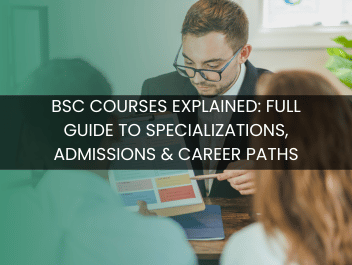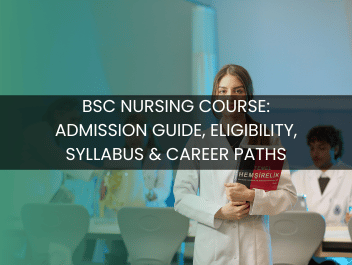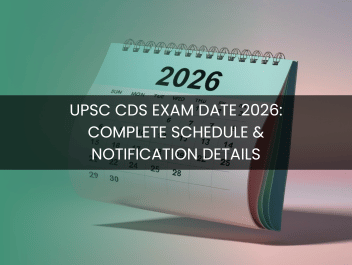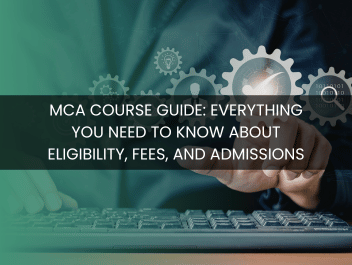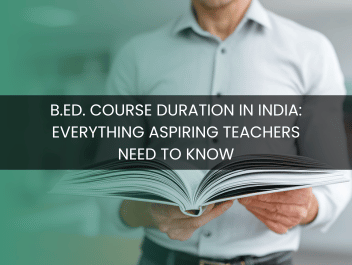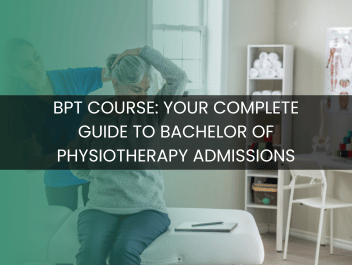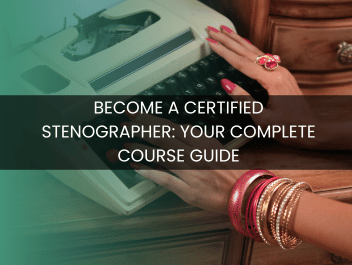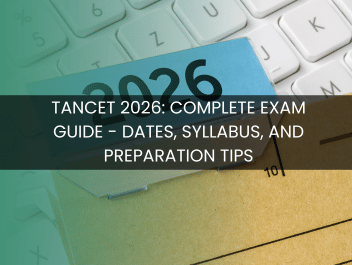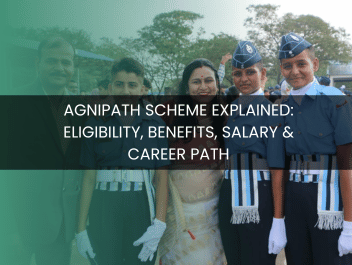
5 Powerful Techniques for a Memorable Interview Introduction
Navigating the complexities of a job interview begins with a compelling self-introduction. The ability to deliver an impactful interview introduction can significantly set the tone for the interview process. From understanding how to introduce yourself in an interview to mastering the dreaded "tell me about yourself" question, creating a memorable opening is critical.
In the competitive landscape of job hunting, knowing the art of introducing oneself is indispensable. Whether you're pondering "how to introduce yourself in interview for experienced roles" or searching for "tell me about yourself sample for freshers," mastering these intros can make or break opportunities. The interview introduction is not just about self-description but also about establishing rapport and presenting your unique qualifications.
This article dives into five powerful techniques to make your interview introduction memorable. From crafting your elevator pitch and employing the STAR method to tailor your introduction for specific roles, it offers actionable insights to refine your "myself for interview" presentation, providing examples and practical tips for various interview scenarios.
Table of Content
- 1. Why a Strong Introduction Matters
- 2. Technique 1: Crafting Your Elevator Pitch
- 3. Technique 2: The STAR Method for Structuring Answers
- 4. Technique 3: Personal Touch with âTell Us About Yourselfâ
- 5. Technique 4: Anticipating Common Questions
- 6. Technique 5: Tailoring Your Introduction for the Role
Why a Strong Introduction Matters
A strong interview introduction can set the stage for a successful interview. It quickly provides an overview of who you are and can create a positive first impression during the interview process. Here's why a strong introduction matters:
- Establishes the Tone: How you introduce yourself can impact the interview's tone. It signals your confidence and professionalism.
- Highlights Relevant Skills: Use your introduction to briefly touch on your professional background, emphasizing relevant skills and practical experience.
- Showcases Professional Experience: Mentioning your career objectives and relevant work experience can align you with the job role and company culture.
Here’s a quick comparison to help understand the impact of a strong introduction:
|
Introduction |
Outcome |
|
Weak Introduction |
Lacks clarity and impact, making a muted impression. |
|
Strong Introduction |
Engages the interviewer and sets a positive tone. |
By preparing a concise and impactful introduction, you can highlight your strengths, align with the job description, and position yourself as a strong candidate. Always remember to open with a polite greeting and maintain a positive impact throughout the interview.
Technique 1: Crafting Your Elevator Pitch
Creating an elevator pitch is a vital skill, especially for job interviews. This brief yet impactful statement serves as your first impression, much like an interview introduction. A strong elevator pitch can illuminate your professional experience and relevant skills quickly. It sets the stage by allowing the interviewer to gain an insight into your career objectives and capabilities without wading through unnecessary details. The goal is to engage the interviewer right away and align your strengths with the job description they need to fill. By mastering this technique, you can ensure a clear and confident portrayal of your professional background.
What to Include in Your Elevator Pitch
An elevator pitch is not merely a string of facts; it is a snapshot of who you are professionally. Start with a polite greeting and a concise introduction of myself for interview purposes. Highlight your educational background, touching on how it built a strong foundation for your career. Then, delve into your relevant skills and practical experience, emphasizing how they align with the job role. Briefly mention your career goals and how they resonate with the company's mission. Including these elements in your pitch not only demonstrates your suitability for the job but also your understanding of company culture.
Sample Elevator Pitch for Freshers
A fresher may find crafting an elevator pitch daunting, given the limited practical experience. However, focusing on educational background and relevant experience gained through internships or projects can still create a powerful introduction. For instance, start by saying: "Hello, I am [Your Name]. I recently graduated with a degree in [Your Degree] which provided me with a strong foundation in [Relevant Field]. During my academic journey, I gained hands-on experience through internships at [Company Name], where I honed my skills in [Relevant Skills]. I am eager to apply these skills and my passion for [Industry/Field] at [Prospective Company Name]." Crafting such a pitch ensures that your introduction is both confident and showcases a positive impression. This sample answer not only aligns with job opportunities but also positions freshers as strong candidates ready to contribute meaningfully to a marketing team or any related field.
Technique 2: The STAR Method for Structuring Answers
The STAR Method is a popular technique used during interviews to effectively answer competency-based questions. This method helps candidates structure their responses in a clear, logical manner. By using the STAR Method, you create a narrative that is easy for interviewers to follow. It involves laying out the Situation, Task, Action, and Result. Leveraging this framework can help candidates showcase their problem-solving skills and relevant experience succinctly and professionally.
Explanation of the STAR Method
Understanding the STAR Method is crucial for delivering compelling interview answers. The method begins with the 'Situation', where candidates set the scene of their story. Next is the 'Task', which highlights the responsibilities or challenges involved. Following this, 'Action' describes the specific steps taken to address the task. Finally, the 'Result' covers the outcomes of the actions taken, emphasizing successes and learning experiences. This structured approach ensures clarity and depth in your responses, making a strong impression in any interview setting.
Examples of STAR Responses
Let’s look at some examples illustrating the STAR Method in action. Suppose you're asked to describe a challenging project. You might start with the Situation, detailing the complex project you worked on. For the Task, explain your role and the objectives you needed to meet. Then, in the Action section, outline the strategies you employed and steps you took to achieve these goals. Finally, in the Result part, share the outcome—did the project succeed, what did it accomplish, and how did it benefit the team or organization? By applying this method, you demonstrate your capability to address challenges effectively, equipping interviewers with a clear picture of your professional experience and achievements.
Technique 3: Personal Touch with “Tell Us About Yourselfâ€
When faced with the "tell me about yourself" interview question, it’s important to remember that personal touches can set you apart. A common pitfall is being too generic. You want to create a positive impression on the interview panel. Start with a polite greeting, then transition into your personal and professional background. Incorporating snippets of your life story makes your introduction memorable. This technique underscores your unique journey, offering a glimpse of your values and character. To make this work, ensure your personal stories are relevant. They should connect to the job role and company culture. Practice speaking in a clear, confident manner. This builds a strong candidate profile paving the way for a successful interview.
How to Incorporate Personal Stories
Adding personal stories to your interview introduction can be very impactful. When preparing how to introduce yourself in an interview, think of stories that highlight your strengths and experiences. Your academic journey, for example, is a great place to start. Discuss the skills and lessons that have shaped you. Personal anecdotes should also illustrate your passion and dedication to your career objectives.
To answer "tell me about yourself," include stories that demonstrate relevant skills. Discuss projects that have had a positive impact on your professional growth. These examples will reflect your commitment to the job opportunities you seek. Always tie your stories back to the company's needs or values. This shows you're not only a skilled candidate but also a good fit for their culture.
Finally, keep your introduction concise and focused. Your stories should not overshadow your qualifications. Instead, they should act as supporting evidence of your capabilities. This balance ensures that you make a strong impression without losing sight of the objective.
Sample Responses Utilizing Personal Background
Crafting responses that effectively integrate personal background can enhance your interview introduction. Consider a sample answer for interview question, "tell me about yourself": Start with a brief overview of your education and career path. Include a personal story that aligns with the job's demands.
For instance, if you're in digital marketing, speak about how a childhood interest in storytelling led you to pursue content strategy. Narrate a specific instance where a campaign you spearheaded led to measurable growth in a past position. This not only showcases your practical experience but also your enthusiasm for the field.
For freshers, focus on academic projects and internships. Share a tale about a challenge you tackled during a school project. Highlight the skills you gained and how they translate into the professional world. This not only demonstrates initiative but also creativity, positioning you as a strong foundation for potential growth.
By thoughtfully integrating personal stories, you present yourself as more than just qualifications on paper. You become a person with a unique journey and valuable insights, leaving a lasting impression.
Technique 4: Anticipating Common Questions
In any interview, being prepared for common questions can set you apart as a strong candidate. By anticipating what might be asked, you can tailor your responses to highlight relevant skills and experiences. This preparation not only builds confidence but also helps craft an engaging and professional introduction. In today's job market, where first impressions matter, practicing responses can make your introduction concise and impactful. Interview introduction involves more than just stating your name; it is about strategically presenting your professional background and career objectives. By understanding and preparing for common questions, you can navigate the interview process smoothly and make a positive impression on potential employers.
“Can You Tell Me About Yourself?â€
"Can you tell me about yourself?" is often one of the first questions posed during an interview. It's a chance to present a summary of your professional experience and strong foundation in the field. How to introduce yourself in an interview involves sharing a brief overview of your career journey and relevant skills. Start by mentioning your educational background and practical experience. If you're a fresher, focus on your academic journey and any internships or volunteer work. For experienced candidates, highlight recent job roles and relevant work experience. Tailor your answer to align with the job description, emphasizing how your experience fits the company culture. By answering "how to answer tell me about yourself" thoughtfully and strategically, you set the tone for a successful interview.
“Tell Me About Your Familyâ€
When asked "tell me about your family," it’s important to gauge how much personal information to share, focusing on key details that relate to your career. This question offers insight into your values and background without delving too deeply into personal matters. You might introduce your family by describing the professional environment you grew up in, which can hint at your career goals and motivations. Ensure your response is relevant to the role while maintaining professionalism. A simple mention of support you’ve received or how family has influenced your career path could suffice. For instance, sharing how family values instilled discipline and a strong work ethic aligns with showcasing relevant soft skills. Through such answers, you subtly emphasize traits that reflect positively on your professional demeanor.
Technique 5: Tailoring Your Introduction for the Role
Crafting an interview introduction that resonates with your potential employer can set you apart as a strong candidate. Start by tailoring your introduction to align with the specific role you're applying for. This approach not only demonstrates your familiarity with the job but also highlights your relevant skills and experiences. When you introduce yourself, make sure to weave in elements of the job description and company values to make a positive impression. Taking the time to personalize your self-introduction will show your enthusiasm and seriousness about the opportunity.
Researching the Company and Role
Understanding the company culture and the role you’re applying for is crucial in creating a compelling introduction. Begin by exploring the company’s website, focusing on their mission and core values. Look for recent news articles or press releases to stay updated on their latest endeavors. Consider how your career goals and educational background align with the company's objectives. This research will equip you to confidently introduce yourself in the interview and effectively answer questions like "Tell me about yourself." Knowing about the company also helps in preparing myself for interview questions that explore how you can contribute to their success. Familiarity with the company will help you enthusiastically convey why you’re a great fit for their team.
Customizing Your Introduction Based on the Job Description
Your introduction should align with the key responsibilities and qualifications outlined in the job description. If the job description emphasizes teamwork and leadership, highlight your experience in those areas. Mention any practical experience or relevant work experience that makes you suitable for the job. When crafting how to introduce yourself in an interview, keep in mind how your professional background and skills match what the employer is seeking. For example, if applying for a digital marketing position, discuss your content strategy experience and how it aligns with their marketing team’s goals. This approach not only addresses the question "Can you tell me about yourself?" but also reinforces the positive impact you can bring to the organization. Tailor your introduction to emphasize the aspects of your background that best fit the role. This customization not only answers the classic interview query "Tell me about yourself for experienced" but also reflects how well you understand the needs of the company.
Looking For Job Satisfaction on the long run?
Please feel free to contact our experts
Call to ask any question
+91-9319336222Monday to Saturday
(9:00 AM to 8:00 PM)Resent Blogs
10 Things to Do During an Interview to Impress Your Future Employer
Learn MoreCrafting Your Personal Narrative: A Guide to Writing About Yourself
Learn MoreTop 10 Essential Interview Questions and Expert Answers for 2025
Learn MoreAce Your Next Interview: Essential Questions and Expert Answers for 2025
Learn MoreFirst-Time Manager Interview: Crucial Questions and Strategies for Success
Learn More150 Essential General Knowledge Questions for Interviews in 2025
Learn MoreMaster the Google Interview: Strategies for Success in 2025
Learn MoreHow Can You Describe Yourself Professionally? 5 Key Strategies You Need to Know
Learn MoreMastering the Art of How to Take Interview: Essential Techniques for Success
Learn More25 Essential HR Interview Questions and Answers PDF You Can't Ignore
Learn More7 Tips to Ace Your HR Screening Round and Land Your Dream Job
Learn More10 Essential Tips for Acing Your Interview Exam
Learn More5 Unique Interview Format Examples to Stand Out in Your Next Interview
Learn More5 Powerful Techniques for a Memorable Interview Introduction
Learn MoreMaster Your Next Interview with These Top Interview Preparation Apps
Learn MoreMastering the Art: Top Interview Questions for 12th Class Students
Learn More7 Must-Know Interview Questions for Freshers to Ace Your Job Hunt
Learn MoreMastering Interview Questions for HR Position with Answers: Strategies for Success
Learn More12 Essential Interview Questions for Recruiter Position You Should Prepare For
Learn More10 Must-Know Interview Questions UK Employers Love to Ask
Learn More10 Creative Interview Writing Examples to Spark Your Imagination
Learn More15 Essential Managerial Interview Questions for Freshers to Prepare
Learn More15 Unique Marketing Interview Questions You Haven't Prepared For
Learn More7 Key Strategies for a Successful Mock Interview Session
Learn MoreThe Ultimate Guide to Model Interview Questions: What You Need to Know
Learn More5 My Self Question Exercises to Unlock Your True Potential
Learn More10 Normal Questions That Can Spark Deep Conversations
Learn More15 Essential Personal Interview Questions for Freshers to Ace Your Next Job
Learn More10 Essential Phone Interview Questions You Can’t Afford to Ignore
Learn More15 Essential Sales Interview Questions and Answers for Freshers
Learn More7 Key Situational Interview Questions Every Employer Should Ask
Learn More15 Essential Software Developer HR Interview Questions You Need to Prepare For
Learn MoreMastering the Technical Interview: Essential Questions and Answers
Learn MoreTop Strategies for Responding to Tell Me About Yourself in a Student Interview
Learn MoreTop 10 Interview Questions and Expert Answers
Learn MoreMastering the Art of Interviewing: 50 Tough Questions and Smart Answers
Learn MoreHow to Ace Your Next Mock Interview: Tips and Strategies for Success
Learn MoreYour Ultimate Guide: 60 Insightful Questions to Ask Interviewers
Learn MoreCrafting the Perfect Response to Why Do You Want This Job?
Learn MoreUnique Ways to Tackle the Question Why Should We Hire You?
Learn MoreWhy Should We Hire You? - Top 10 Answers for Customer Service Roles
Learn MoreMastering the Art of Discussing Work Experience in Interviews
Learn MoreMastering Your Sales Interview: 50 Essential Questions and Answers
Learn MoreCareer Paths After 12th Commerce: Your Future Starts Here
Learn MoreExplore One-Year Courses After 12th for Non-Medical Students
Learn MoreQuick Career Paths: 2-Year Degree Courses After 12th for Fast-Track Success
Learn MoreComprehensive Guide: Courses After 12th Commerce
Learn MoreTop 10 Lucrative Courses to Consider After Completing Engineering
Learn MoreAdvancing Your Career: Top Choices After B.Tech in 2025
Learn MoreExplore Your Future: After CET Exam Which Course is Best for Aspiring Professionals?
Learn More5 Reasons Why After Inter CEC, Choosing the Right Course is Crucial
Learn MoreAfter PUC Which Course is Best for Aspiring Engineers? Explore Your Options!
Learn MoreUnlocking Your Future: Best Arts and Science Courses After 12th for 2025
Learn MoreWhy a Bachelor Degree in Commerce is Your Pathway to Success
Learn More15 Best Career Courses to Boost Your Earning Potential in 2025
Learn MoreEmerging Career Fields for 2025: What You Need to Know
Learn MoreExploring In-Demand Career Paths After 12th: Science, Arts, Commerce
Learn More15 Lucrative Science Careers You Should Consider
Learn MoreHigh-Paying Career Paths for Girls After 12th Commerce
Learn MoreTop 10 High Salary Career Courses After 12th Biology
Learn MoreTop 10 High-Paying BSc Specializations for 2025
Learn MoreExploring the Future: Innovative Career Paths for B.Tech Graduates in 2025
Learn MoreComprehensive Guide to B.Tech Specializations for MPC Graduates
Learn MoreUnlocking Your Potential: The Ultimate B Tech Job List for 2025
Learn MoreB.Tech Salary Insights: How Much Can You Earn Per Month?
Learn MoreEssential Business Courses After 12th: Your Guide to a Successful Career
Learn MoreHow Commerce Students Can Transition to BSc IT
Learn MoreExploring Career Paths After 12th: Your Guide to Success in 2025
Learn MoreCertainly! Here are 10 additional title ideas inspired by the list you provided
Learn MoreExploring Career Paths After Engineering: Your Guide to the Future
Learn MoreThe Ultimate Guide to Career Options Post-High School Graduation
Learn MoreDiscover the Top 10 Chemistry Courses After 12th That Lead to High-Paying Jobs
Learn MoreExplore the Best Diploma and Certificate Programs After 12th Commerce
Learn MoreCareer Paths for Computer Science Graduates: Top Opportunities to Explore
Learn MoreExplore Top Courses After 12th: Your Path in Science, Arts, or Commerce
Learn MoreTop 10 Courses After 12th Commerce for a Successful Career
Learn MoreTop Paying Professional Courses After 12th for Commerce Students
Learn MoreEmerging Career Paths After 12th Commerce Without Maths
Learn MoreExploring Career Paths After 12th Science: A Complete Guide
Learn MoreComprehensive Guide to Courses and Career Paths after 12th Grade
Learn MoreEmerging Career Paths in India: What to Expect in 2025
Learn MoreTop Diploma Paths for Students After Completing 12th Science
Learn MoreTop 15 Easiest High-Paying Jobs to Pursue in India by 2025
Learn MoreNavigating Your Future: Easy Degree Options After 12th
Learn MoreExploring Top Engineering Branches After 12th: A Comprehensive Guide
Learn MoreExploring Advanced Studies: Top Entrance Exams for Engineering Graduates
Learn MoreMBA Salary Insights: Top Packages and Compensation Trends in India
Learn MoreTop 15 Lucrative Careers in India for 2025
Learn MoreTop 10 High-Paying Jobs for Commerce Graduates Without Maths
Learn MoreTop 10 High Salary Courses After 12th PCB for Future Success
Learn MoreHigh-Earning Courses to Pursue After 12th Science in 2025
Learn MoreHigh Paying Career Paths for BiPC Students: Top 10 Courses to Consider
Learn MoreExploring High-Paying Engineering Degrees for the Future
Learn MoreExploring Integrated Courses After 12th: A Comprehensive Guide for Students
Learn MoreExploring Career Prospects: What Can You Do with a BBA Degree?
Learn MoreTop 15 In-Demand Professional Courses for Commerce Graduates in 2025
Learn MoreExploring Lucrative Job Paths for BBA Graduates in 2025
Learn MoreMBA Full Form Explained: Master of Business Administration & Its Strategic Career Value
Learn MoreBBA Full Form: The Definitive Guide to BBA Degrees, Admissions, & Career Paths
Learn MoreBCA Full Form Explained: Your Complete Guide to the Degree, Admission & Career Scope
Learn MoreIAS Full Form: Indian Administrative Service Explained & Its Pivotal Role
Learn MoreMBBS Full Form: Unraveling the Meaning Behind a Doctors Qualification
Learn MoreUPSC Full Form: Union Public Service Commission and Its Vital Role
Learn MoreBSc Full Form: Bachelor of Science & What It Means for Your Future
Learn MoreITI Full Form: What Exactly is Industrial Training Institute?
Learn MoreLLB Full Form: Your Ultimate Guide to Bachelor of Laws, Eligibility & Career Scope
Learn MoreIs There a True Computer Full Form? Unpacking the Popular Acronym
Learn MoreB.Tech Full Form Unpacked: Meaning, Scope, and Why It Matters for Your Career
Learn MoreIIT Full Form: Unveiling the Indian Institute of Technology and Its Legacy
Learn MoreMCA Full Form Revealed: Master of Computer Applications & Its Significance
Learn MoreIIT Full Form: Indian Institute of Technology – Understanding Its Legacy, Campuses, and Global Standing
Learn MoreYour Complete Guide to Becoming a Veterinarian: Education, Specialties & Career Paths
Learn MoreBSc Degree: Your Complete Guide to Courses, Careers, and Future Prospects
Learn MoreB.Com Full Form Unveiled: What Bachelor of Commerce Truly Means
Learn MoreBAMS Full Form: Bachelor of Ayurvedic Medicine and Surgery — Unpacking Its Meaning & Career Scope
Learn MoreWhat is a Polytechnic? Your Complete Guide to Courses, Admissions & Career Paths
Learn MoreSSC GD Constable Exam News 2025-26: Latest Updates on Vacancies, Dates & Application
Learn MoreHow to Choose the Best Veterinarian for Your Pet: A Comprehensive Guide
Learn MoreAir Hostess 2026: Your Complete Roadmap to Landing the Dream Job
Learn MoreUnlocking Your Future: The Ultimate BSc Degree Guide (Courses, Careers & Admissions)
Learn MoreCMA Full Form: Certified Management Accountant (Global Standard Explained)
Learn MoreNACH Full Form Explained: What It Is & Why It Matters in Banking
Learn MoreThe Modern Anthropologist: Understanding Their Role, Impact, and Diverse Specializations
Learn MoreBBA: Your Ultimate Guide to Course Details, Admission, Fees, and Future Career Prospects
Learn MoreBDS Full Form Unpacked: Your Essential Guide to Dentistry Courses, Admissions & Career Scope
Learn MoreBHMS Full Form Revealed: Your Complete Guide to Bachelor of Homeopathic Medicine & Surgery
Learn MoreB.Tech Admissions 2026: Your Complete Guide to Courses & Eligibility
Learn MoreCFA Full Form: Understanding the Chartered Financial Analyst Designation
Learn MoreMerchant Navy Salary in India: Unveiling Pay Scales by Rank & Experience
Learn MoreTS EAMCET 2026: Official Notification, Exam Dates & Application Guide
Learn MoreVITEEE 2026: Full Guide to Application, Dates, Syllabus & Preparation
Learn MoreBMS Full Form: Unveiling Bachelor of Management Studies & What it Entails
Learn MoreB.Sc. Computer Science: Your Complete Guide to Courses, Careers & Eligibility
Learn MoreComputer Science Explained: From Basics to Advanced Concepts
Learn MoreWorlds Most Difficult Exams: A Definitive Ranking for 2025
Learn MoreUnion Public Service Commission (UPSC): All You Need to Know
Learn MoreBE Full Form Explained: What Bachelor of Engineering Means & Your Career Path
Learn MoreDMIT Full Form Revealed: Unpacking the Dermatoglyphic Multiple Intelligence Test
Learn MoreIndias Most Difficult Exams: The Ultimate Ranking for 2025
Learn MoreCLAT Full Form: Unveiling the Common Law Admission Test + Key Details
Learn MoreHighest Paying Jobs in India: Unveiling the Top 25 Roles & Their Lucrative Salaries
Learn MoreMA Full Form: Unpacking the Master of Arts Degree & What It Entails
Learn MoreMarketing Management Explained: Core Concepts & Strategic Implementation
Learn MoreBCA Course Subjects: A Comprehensive Guide to Your IT Degree Curriculum
Learn MoreCAT Exam Date 2026: When to Apply & Exam Schedule Revealed
Learn MoreCDS Full Form: Unveiling Combined Defence Services & Your Path to Commission
Learn MoreLab Technician Career Path: Duties, Skills, and Salary Guide
Learn MoreYour Complete Guide to Becoming a Successful Software Developer
Learn MoreAir Hostess Course Guide: Everything You Need to Know for Your Aviation Career
Learn MoreIntroduction: Navigating Your Path to Medical Excellence in India
Learn MoreTop Commerce Courses After 12th: Unlock Lucrative Career Paths
Learn MoreTop Industrial Training Institutes: Your Guide to Skilled Trades
Learn MoreUnderstanding Psychometric Tests: Your Definitive Guide & Free Examples
Learn MoreWhat Does a Surgeon Do? A Comprehensive Guide to the Profession
Learn MoreUG Explained: Your Ultimate Guide to Undergraduate Degrees & Admissions
Learn More10th Pass Govt Jobs 2026: Your Complete Guide to Apply & Secure Your Career
Learn MoreATMA: Your Complete Guide to the Management Admissions Test
Learn MoreBHMS Course Guide: Eligibility, Syllabus, Career Prospects & Top Colleges
Learn MoreUnlock Your Future: The Definitive Guide to Career Counselling
Learn MoreWhat Does a Clinical Psychologist Do? Your Comprehensive Guide
Learn MoreM.Tech Full Form: Master of Technology Explained (Meaning, Scope & Benefits)
Learn MoreRadiology Courses Explained: From Certificates to Masters Degrees
Learn MoreBSc Courses Explained: Full Guide to Specializations, Admissions & Career Paths
Learn MoreBSc Nursing Course: Admission Guide, Eligibility, Syllabus & Career Paths
Learn MoreBA LLB Full Form Explained: Unpacking Bachelor of Arts & Bachelor of Laws
Learn MoreTop BBA Colleges in India: Unveiling the Elite Institutions for Your Management Degree
Learn MoreUPSC CDS Exam Date 2026: Complete Schedule & Notification Details
Learn MoreTop Career-Focused Courses After 12th Grade: Unlock Your Future
Learn MoreExplore the World of Humanities Subjects: A Comprehensive Guide
Learn MoreIPU CET 2026: Complete Guide to Applications, Syllabus & Cutoffs
Learn MoreISI Full Form: Unveiling the Meaning & Importance of the Indian Standards Institute
Learn MoreJEE Advanced 2026 Exam Date: When Will the Exam Be Held?
Learn MoreJEE Main 2026 Result Date: When to Expect Session 1 & 2 Results
Learn MoreMCA Course Guide: Everything You Need to Know About Eligibility, Fees, and Admissions
Learn MoreMultimedia Explained: Your Complete Guide to Definition, Examples, and Impact
Learn MoreThe Ultimate Paramedical Courses List: Find Your Perfect Career Path
Learn MorePharm.D. Program: Your Complete Guide to Curriculum, Admissions & Outcomes
Learn MoreThe Ultimate Guide to Top IIT Colleges in India: Ranking, Admissions, and Courses
Learn MoreATC Full Form: Unpacking Air Traffic Control, Anatomy & More
Learn MoreB.Ed. Course Duration in India: Everything Aspiring Teachers Need to Know
Learn MoreB.Sc Psychology Degree: Your Guide to Admissions, Curriculum & Career Paths
Learn MoreB.Tech Computer Science: Your Complete Guide to Admission, Syllabus & Career Prospects
Learn MoreBDS Course Duration: How Long is Bachelor of Dental Surgery?
Learn MoreBFA Full Form Explained: What is a Bachelor of Fine Arts & Why it Matters
Learn MoreBiology Explained: What It Is, Its Core Concepts & Why It Matters
Learn MoreBPT Course: Your Complete Guide to Bachelor of Physiotherapy Admissions
Learn MoreBSc Nursing Full Form: What it Means and Why it Matters
Learn MoreThe Science Complete Guide: Best Courses & Career Paths Revealed
Learn MoreMaster Your Future: Your Complete Guide to 2026 Government Exams & How to Prepare
Learn MoreMPhil Explained: Your Complete Guide to the Master of Philosophy
Learn MoreBecome a Certified Stenographer: Your Complete Course Guide
Learn MoreTANCET 2026: Complete Exam Guide - Dates, Syllabus, and Preparation Tips
Learn MoreUpcoming Government Exams 2026: Full Schedule, Eligibility & Application Dates
Learn MoreWhat is CA? The Complete Guide to Chartered Accountancy and Your Career Path
Learn MoreAgnipath Scheme Explained: Eligibility, Benefits, Salary & Career Path
Learn MoreAFCAT 2026: Your Complete Guide to the Air Force Common Admission Test
Learn MoreConnet Us
Unlock Your Dream Career Potential - Get Expert Advice From Our Counselling Experts

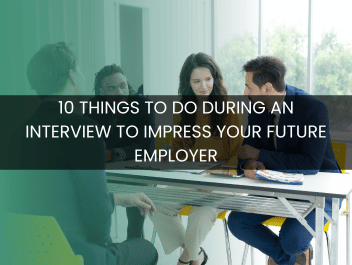

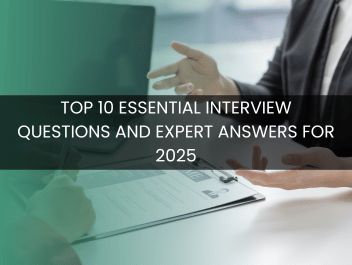





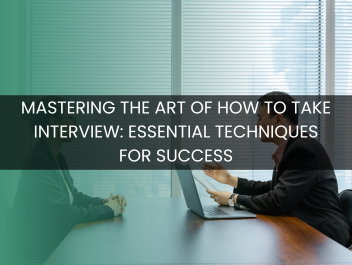
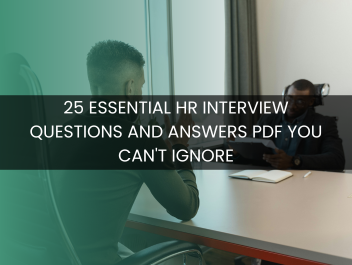

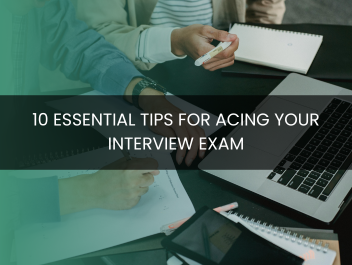

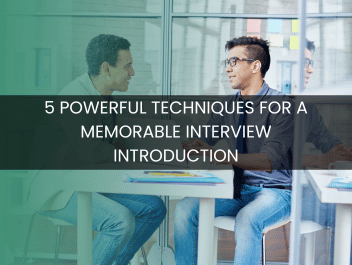
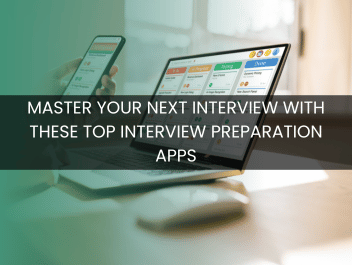






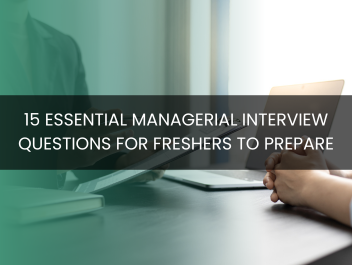

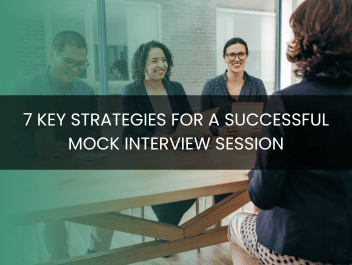
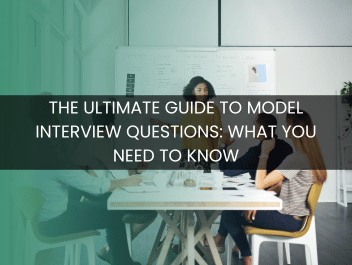


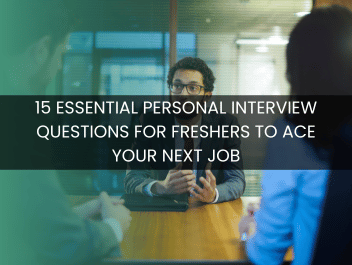


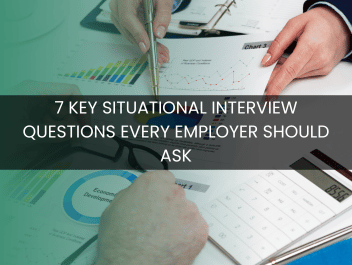

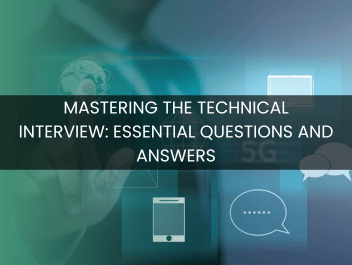
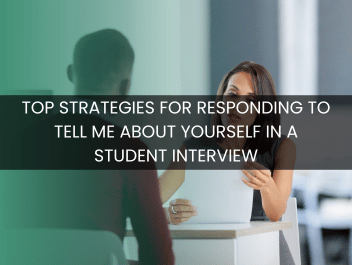
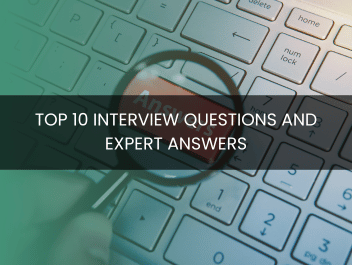
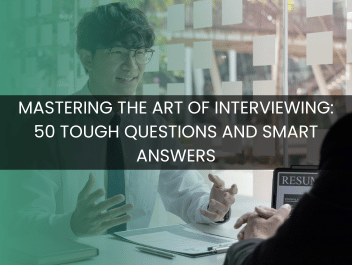
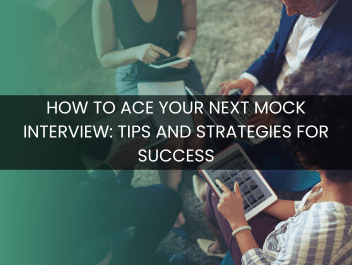
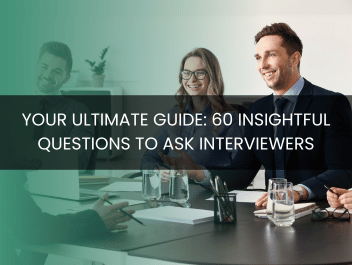








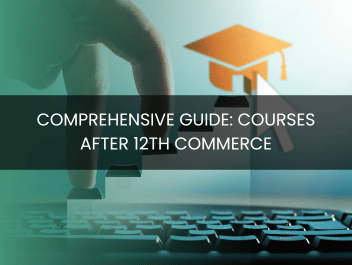







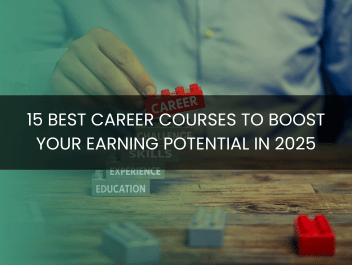







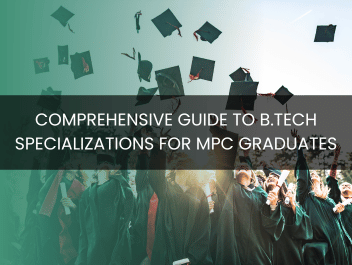


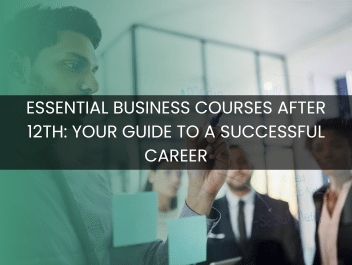




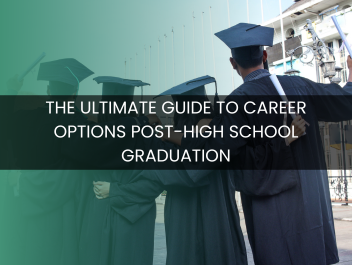

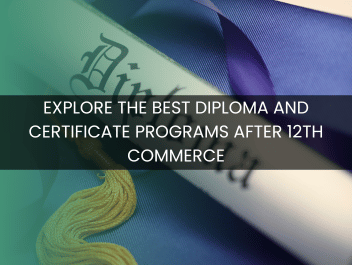




















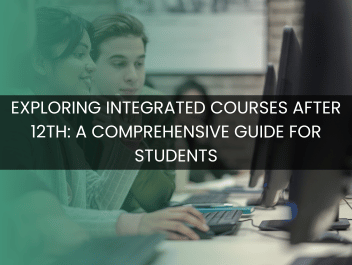




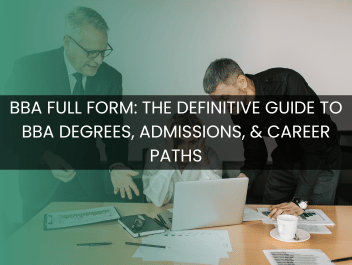
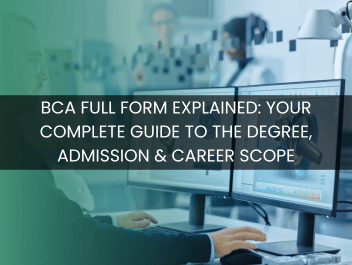
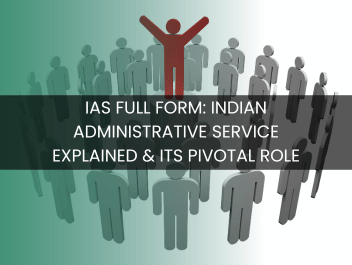



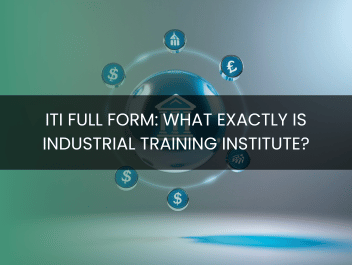
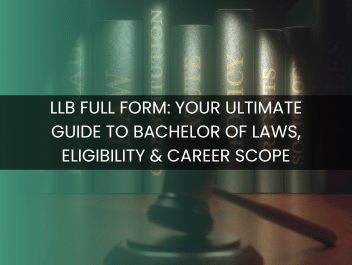




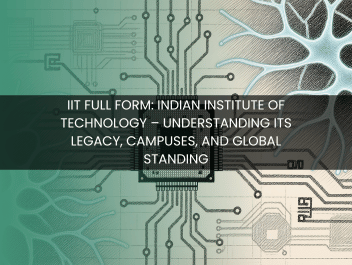
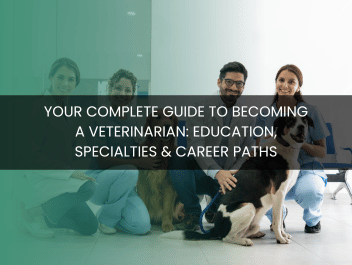




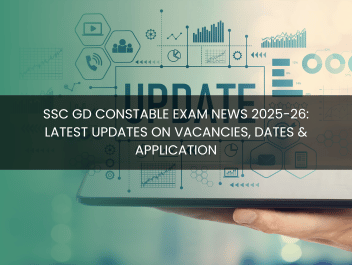


_Thumbnail_.png )
_Thumbnail_.png )







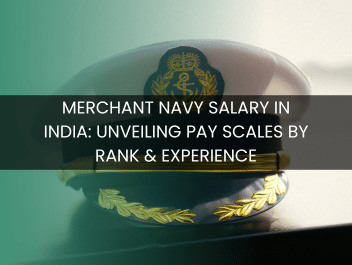
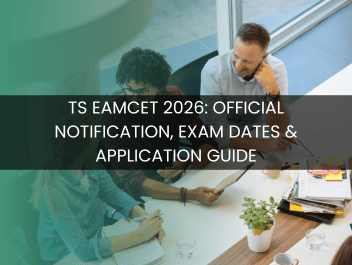
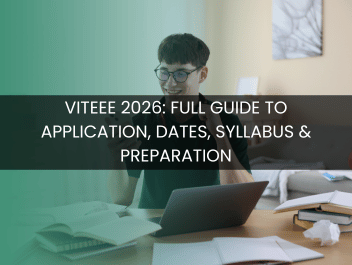

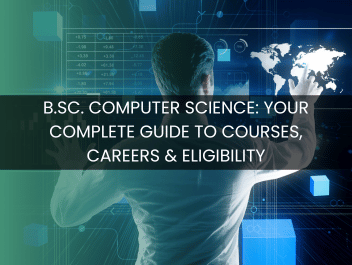


_All_You_Need_to_Know_Thumbnail_.png )






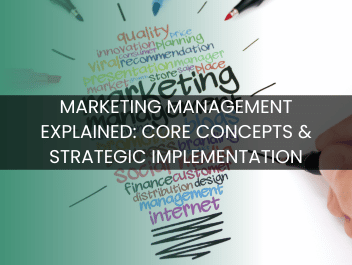
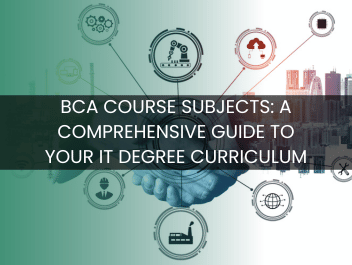

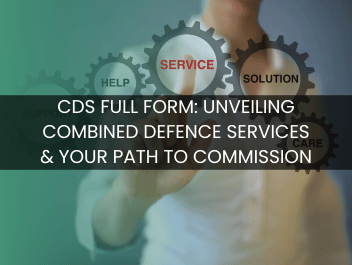

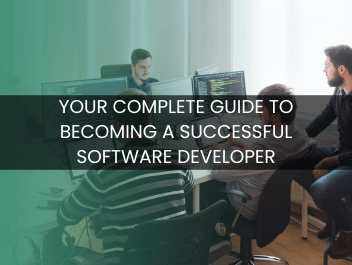







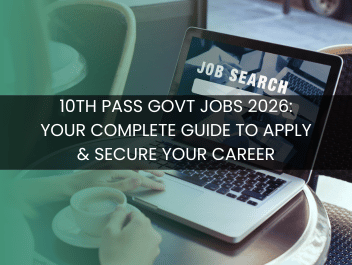


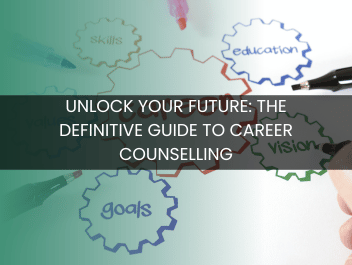

_Thumbnail_.png )

